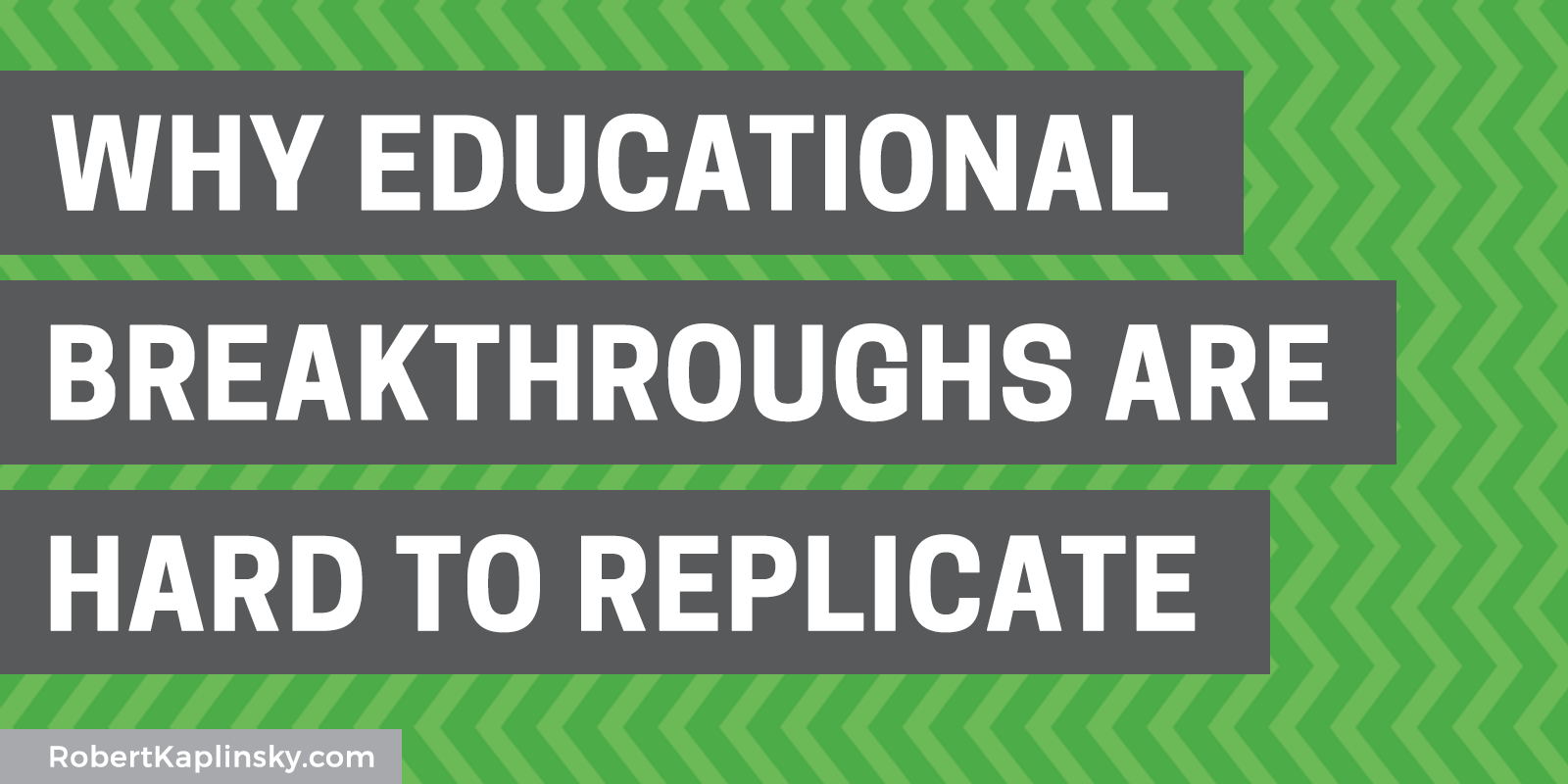A while back I listened to the book Good to Great by Jim Collins. He shared research conducted on pairs of companies that initially seemed identical on paper but then had completely different paths with one becoming an extremely high achieving great company while the other maintained about the same good success it had.
He discussed how everyone begins with wanting to know what change the great companies made… but how they often end up unsatisfied by the answers they receive. The problem is that people usually look for the quick fix and he explained that you can rarely trace the breakthrough back to any single action. Instead, it’s was usually a series of collectively meaningful actions that shifted their trajectory.
From the observer’s perspective, the critical step is obvious: breaking through the shell is what’s important. However, from chick’s perspective, it had been growing for days and days. Breaking through the shell was just another step in the process.
Calling “breaking through the shell” the critical step neglects the reality that so much growing was already happening. Just because it couldn’t be easily seen or measured doesn’t make it any less important.
I’m not saying that there’s nothing we can learn from others’ achievements, but we should also avoid oversimplifying situations and unrealistically thinking we can make one small change and fix it all. We can’t just throw money at a textbook, intervention program, or professional development opportunity and think it’ll be enough. It reminds me of Sara Van Der Werf’s classic post about the #1 thing she did in her support math classes. I won’t spoil it for you, but my prediction about her #1 thing was wrong.
We need to question a lot more of what we do including what we teach, how we teach, and especially systemic issues like racism, sexism, and languages we center.
What do you think? Have you encountered similar situations? Do you have any suggestions for how to move forward? Please let me know in the comments below.


My analogy is the pill to fix a health problem that might need much more work (perhaps healthy foods and exercise.) The point being quick fixes are often unsustainable.
I believe for math education, working on teacher mindset first, pedagogy second, and curriculum third might be more effective.